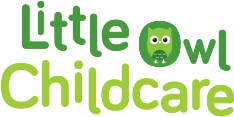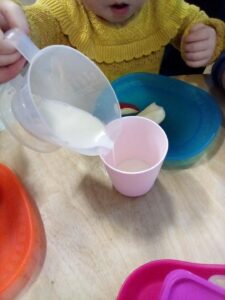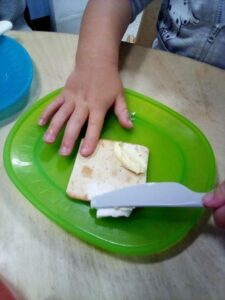You have more than likely heard about the importance of keeping your 2 and 3 year olds active throughout the day, but how much is enough? Children this age are walking and running, kicking, and throwing. They’re naturally active, so be sure to provide lots of chances for your child to practice and build on these skills.
Physical activity guidelines for toddlers recommend that each day they:
- get at least 30 minutes of structured (adult-led) physical activity
- get at least 60 minutes of unstructured (active free play) physical activity
- not be inactive for more than 1 hour at a time except when sleeping
The Benefits of keeping active:
Children who are active at a young age tend to continue this and lead very active adults lives. Keeping physically fit can boost self-esteem, prevent obesity and decrease the risk of serious health conditions/illnesses, such as; high blood pressure or diabetes. Keeping active strengthens children’s bones, muscles, hearts and lungs and improves children’s coordination, balance, posture and flexibility.
Top Tips:
Staying active can be fun for the whole family. Why not get everyone joining in with some fun games/activities:
- Walk like a penguin, hop like a frog, or imitate other animals’ movements.
- Sit facing each other and hold hands. Rock back and forth and sing the song “Row, row, row your boat.”
- Bend at the waist and touch the ground. Walk your hands forward and inch along like a caterpillar.
- Sit on the ground and let your child step over your legs, or make a bridge with your body and let your child crawl under.
- Play follow the leader, “Ring around the rosy,” and other similar games.
- Listen to music and dance together.
The possibilities are endless, just exploring the garden or park together is great fun, you could even try bug hunting!
Screen Time Tips:
Babies under the 18 months old should have no screen time at all. Toddlers 18 months to 24 months old can start to enjoy some screen time with a parent or caregiver. By ages 2 and 3, kids should watch no more than 1 hour a day.
But not all screen time is created equal. For example, you and your baby playing an interactive colour or shape game on a tablet or watching high-quality educational programming together is good screen time. Plopping your toddler down in front of the TV to watch your favourite shows with you is an example of bad screen time.
Use screen time as a chance to interact with your child and teach lessons about the world. Don’t let your child spend time alone just staring at a screen.









Recent Comments